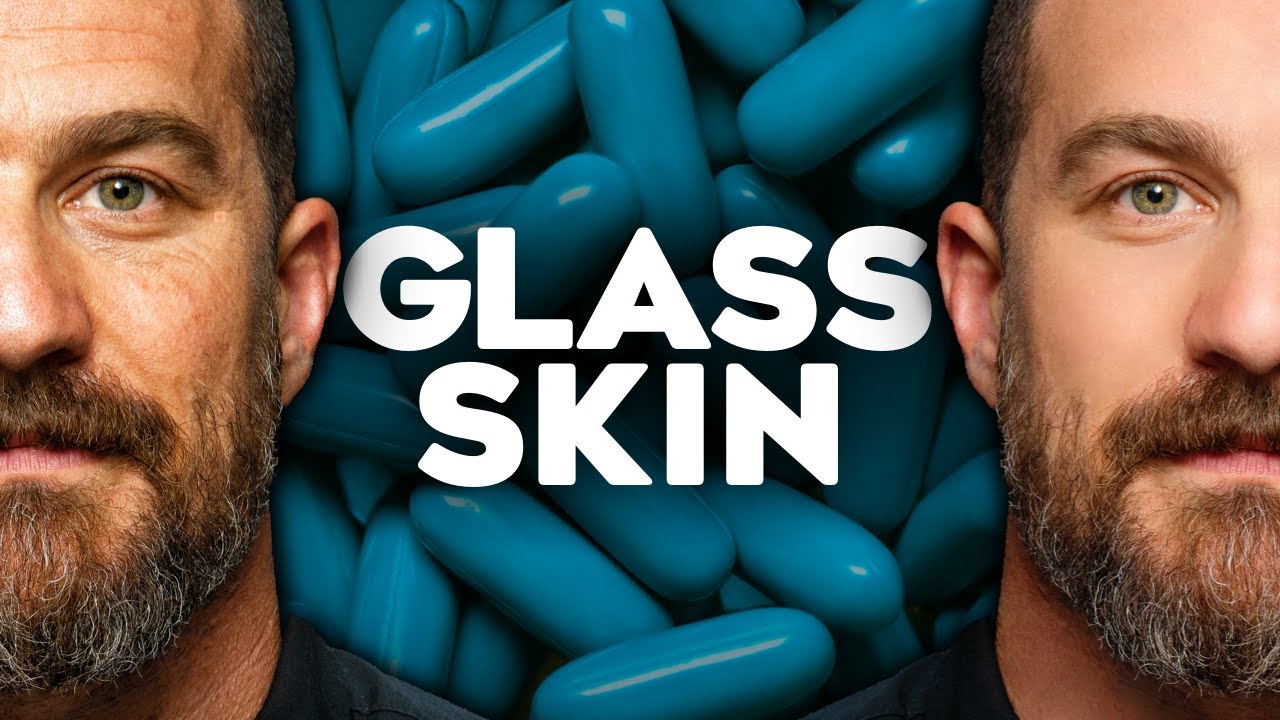Maintaining youthful, radiant skin is a top priority for many individuals, especially as we age. While skincare products promise quick fixes, the real secret to glowing, firm skin lies in a combination of smart nutrition, targeted supplementation, and a deeper understanding of what your body truly needs to rebuild collagen and maintain skin health.
Let’s explore the latest science-backed strategies that support skin rejuvenation and promote long-term skin vitality from within.

Understanding Collagen and Its Role in Skin Health
Collagen is the most abundant protein in the human body and a critical component of connective tissues, including the skin, tendons, ligaments, and bones. In the skin, collagen is responsible for maintaining firmness, elasticity, and smoothness. However, natural collagen production begins to decline as early as your 20s, contributing to the formation of fine lines, wrinkles, and sagging skin.
Does Consuming Collagen Actually Improve Your Skin?
It might seem counterintuitive to think that eating collagen could improve skin collagen, considering that proteins are broken down into amino acids during digestion. However, emerging research—including several meta-analyses—suggests that hydrolyzed collagen peptides, particularly when consumed consistently, can stimulate collagen synthesis and visibly improve skin texture.
Clinical studies have demonstrated that supplementing with 5 to 15 grams of hydrolyzed collagen daily, especially alongside vitamin C, may reduce the appearance of wrinkles, improve skin elasticity, and enhance hydration.

Collagen-Rich Foods vs. Supplements
While high-quality collagen supplements are convenient, you can also boost collagen naturally through whole foods. Examples include:
- Bone broth (chicken or beef)
- Gelatin
- Chicken skin and fish skin
- Egg whites
- Organ meats, especially liver
If you opt for supplements, aim for collagen peptides derived from bovine, marine, or porcine sources. Many products also include vitamin C, which enhances collagen synthesis. Dermatologists often recommend up to 30 grams of collagen peptides per day for noticeable results.
Pro Tip: For maximum benefit, consume collagen with a source of vitamin C—like citrus fruit, bell peppers, or a small glass of orange juice—to support natural collagen production.
The Power of Vitamin C in Skin Rejuvenation
Vitamin C (ascorbic acid) is not just a general immune booster—it’s essential for the enzymatic processes that produce collagen. It also functions as a powerful antioxidant, helping to neutralize free radicals that accelerate skin aging.
Regular intake of 500–1,000 mg of vitamin C per day, whether through food or supplements, can enhance collagen formation, support wound healing, and reduce oxidative stress in the skin.
High-Vitamin C Foods to Include:
- Guava
- Kiwi
- Strawberries
- Broccoli
- Red bell peppers
- Citrus fruits (oranges, lemons, limes)
Niacinamide: A Proven Skin-Enhancing Nutrient
Niacinamide (vitamin B3) has gained attention not only in topical skincare but also in nutritional dermatology. Research supports its ability to improve the skin’s moisture barrier, reduce inflammation, and minimize hyperpigmentation.
Benefits of Niacinamide for Skin Youthfulness:
- Enhances ceramide production, improving skin hydration and resilience
- Reduces skin inflammation, helpful for conditions like acne and rosacea
- Regulates oil production, helping reduce enlarged pores
- Fades dark spots and hyperpigmentation
- Improves skin elasticity and smoothness
Dermatologists often recommend 500 mg of niacinamide twice daily (totaling 1,000 mg/day) for at least 3–6 months to see significant improvements in skin tone and texture.
Topical niacinamide is also effective—look for serums or moisturizers with at least 2%–10% niacinamide concentration. Many over-the-counter skincare products contain this ingredient already, so check your labels before adding more.

Copper: A Trace Mineral with Big Skin Benefits
Copper plays a crucial role in collagen and elastin production, two key proteins that support skin structure. It’s also involved in antioxidant defense and DNA repair—essential for cellular regeneration and skin turnover.
While excess copper can be harmful, most people can maintain optimal levels through a balanced diet or a quality multivitamin. Foods naturally rich in copper include:
- Shellfish (especially oysters)
- Dark chocolate
- Nuts and seeds (cashews, sunflower seeds)
- Whole grains
- Organ meats
Be cautious about supplementing with high-dose copper unless advised by a healthcare provider. Too much can trigger oxidative stress and inflammation—doing more harm than good.
What About Peptides Like BPC-157?
In recent years, peptides have emerged as a popular category of bioactive compounds with potential regenerative effects. BPC-157, also known as Body Protection Compound 157, is a synthetic peptide based on compounds naturally found in the gastrointestinal tract.
Animal studies suggest BPC-157 may accelerate tissue repair, enhance blood vessel formation (angiogenesis), and reduce inflammation. However, reliable human studies are extremely limited, and current data does not support its widespread use for skin rejuvenation or muscle recovery.
Key Caution: Increased vascularization (blood vessel growth) in skin tissue could theoretically support skin repair—but it may also promote undesirable effects, such as feeding latent tumor growth. For this reason, many dermatologists and physicians do not recommend its use outside clinical trials.
Lifestyle Factors That Accelerate Skin Aging
In addition to nutrients and supplementation, it’s vital to address daily habits that can impact your skin’s aging process:
- UV Exposure: Chronic sun exposure is the leading cause of premature aging (photoaging). Always wear broad-spectrum SPF 30 or higher.
- Smoking and alcohol: Both accelerate the breakdown of collagen and elastin, leading to premature wrinkles.
- Sleep and stress: Chronic stress and poor sleep impair skin regeneration and increase inflammatory markers.
- Hydration: Skin cells need adequate water to maintain plumpness and barrier integrity. Drink at least 8 cups of water daily and eat water-rich fruits and vegetables.

Final Thoughts: A Whole-Body Approach to Youthful Skin
Restoring and maintaining youthful-looking skin isn’t about chasing miracle creams or trendy injectables. It’s about nourishing your body from the inside out. Collagen supplementation, vitamin C, niacinamide, and trace minerals like copper all play important roles in optimizing skin health. Combined with smart lifestyle choices, these science-backed strategies can help your skin look firmer, smoother, and more radiant at any age.





